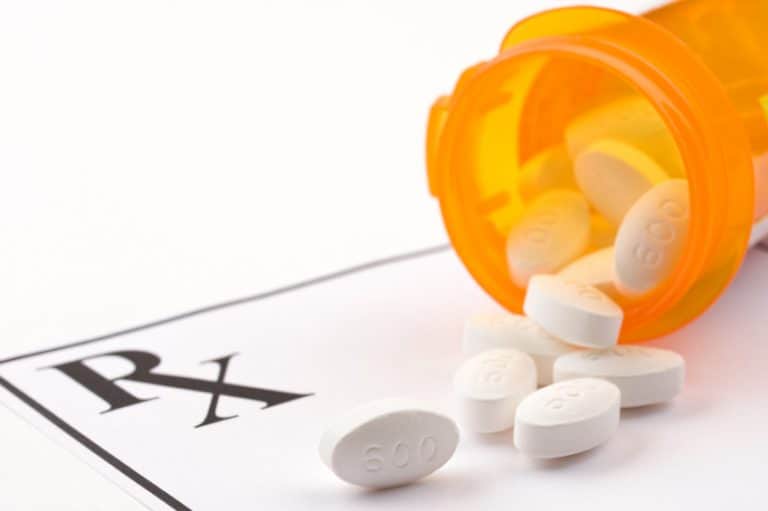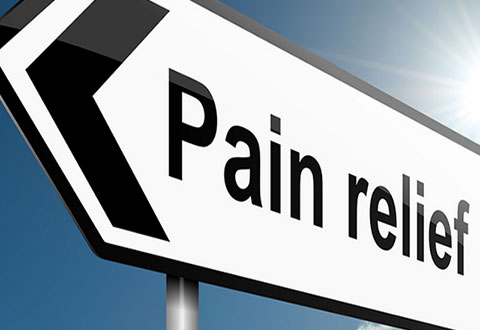One of the possible causes of chronic prostatitis/chronic pelvic pain syndrome, or CP/CPPS, is an autoimmune disorder. Your immune system is supposed to protect your body from disease and infection. But sometimes the immune system can attack healthy cells by mistake. Autoimmunity is a condition in which the body’s cells or tissues attack healthy versions of themselves. It’s as if the body treats certain parts of the body like an enemy, so it launches an assault. This attack on the body can cause inflammation (as is the case with prostatitis) and other problems.
We don’t really know what causes autoimmune diseases, and many autoimmune diseases have similar symptoms, making them challenging to diagnose. Like prostatitis, autoimmune diseases can be frustrating to identify and treat. Also, like prostatitis, autoimmune diseases may have flare-ups, in which the symptoms get worse and then remissions, where the symptoms improve or disappear. Another one thing they all have in common is inflammation. They can also run in families, so there seems to be a genetic component.
There are two types of immune cells that appear to work together to cause inflammation. When you look at autoimmunity at a molecular level, it involves a response from T cells and mast cells. Experts do not yet understand exactly how the autoimmune response may lead to prostatitis. However, some experts have suggested the trigger of an autoimmune disorder may be any of the following:
- A persistent viral, bacterial, or fungal infection. In a mouse model of autoimmune disorder prostatitis, researchers have shown that a bacterial infection can trigger inflammation in the prostate that continues long after the bacteria have been killed by antibiotics.
- Trauma to the prostate or the pelvic area, including surgery (e.g., vasectomy or prostate biopsy) or a sports injury
- Genetics—a man may inherit a tendency to develop an autoimmune response
- Stress
- Exposure to environmental toxins, including antibiotics
- Diet
- Antibiotic use
- Vasectomy (possibly due to exposing body’s tissues to sperm through incisions)
In any of these cases, some researchers believe that the initial trigger of CP/CPPS sets off the process of inflammation. In turn, that causes problems with the nervous system to develop, which then results in pain.
There is research into the possibility that chronic prostatitis can result from an autoimmune disorder. The authors of a study from 2009 pointed out that “at least in some cases autoimmune response could be causative factor” in CP/CPPS. Their reason for making this statement was to also stress that if chronic prostatitis is caused by an autoimmune response, then treatments should be geared to treat autoimmunity.
Peritoneal chronic inflammation is sometimes associated with chronic pelvic pain in women. It is often successfully treated with immune-modifying drugs such as hydroxychloroquinine and methotrexate.
The role of autoimmunity in prostatitis is still uncertain, but it continues to be studied, especially since there are similar conditions to prostatitis that are related to autoimmune diseases. Some of the other chronic pain conditions that are associated with prostatitis include irritable bowel syndrome, fibromyalgia, and chronic fatigue syndrome. Future therapies may include antibodies to mediators of neurologic inflammation and may even include treating the bacteria in the bowel.
In the meantime, you’ll find the most success with treatment if you employ multiple therapies simultaneously. Chronic prostatitis treatment programs may involve both conventional treatments along with natural and alternative prostatitis treatments, such as the following:
- Phytotherapy
- Supplements
- Acupuncture
- Biofeedback
- Trigger point release therapy
- Homeopathy
- Stress management
- Elimination diets (such as wheat-free diets)
- Other dietary changes
Because autoimmune diseases tend to follow patterns of ups and downs that seem to be connected to stress and emotional health, taking care of your mental health may also be key when it comes to managing an autoimmune disorder that is causing prostatitis. Doing alternative stress-reducing therapies like tai chi, yoga, and meditation may be worth looking into.







